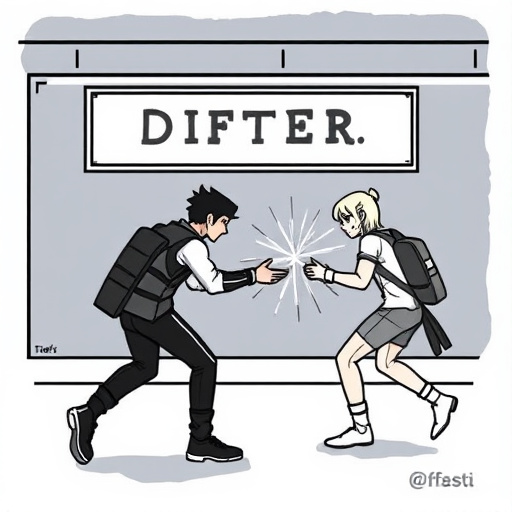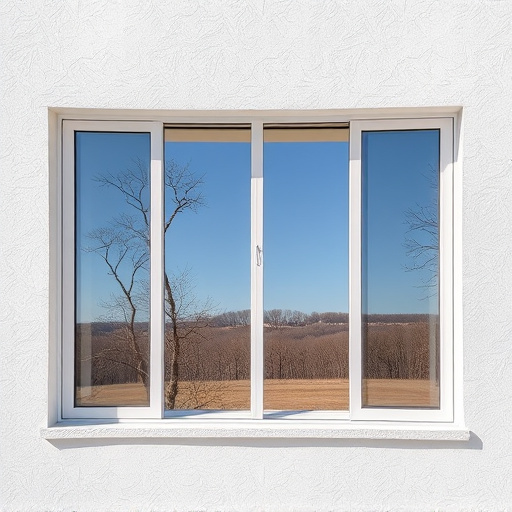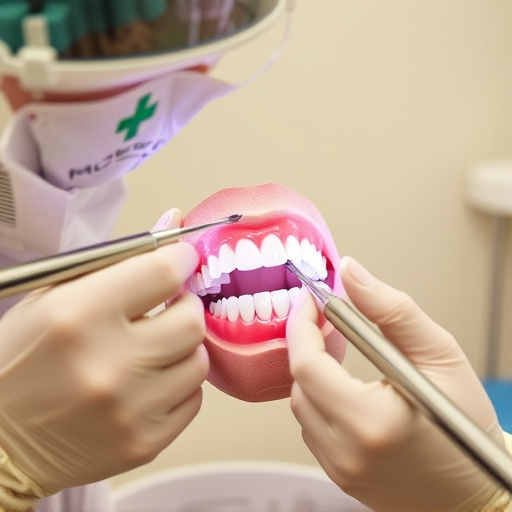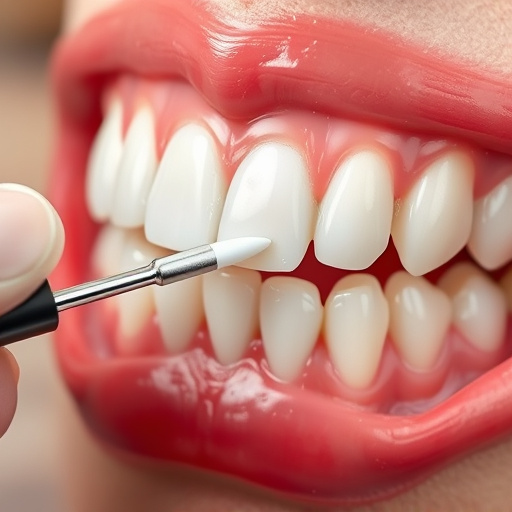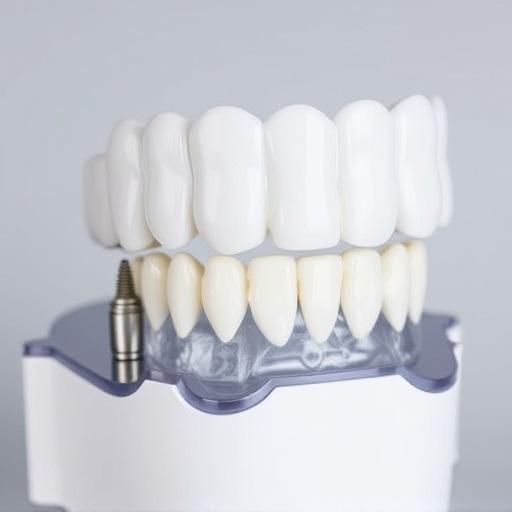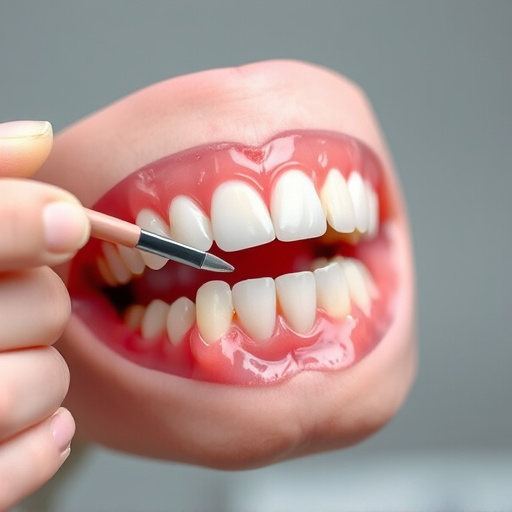Dental sealants for teeth are protective coatings applied to back molars and premolars, sealing pits and grooves to prevent bacteria and food buildup, reducing cavity risk, and offering long-term oral health benefits by avoiding costly treatments like fillings or implants.
Dental sealants for teeth are an effective way to maintain a strong and bright smile. This article delves into the world of dental sealants, exploring their role as a protective barrier against decay and damage. We’ll discuss how these invisible shields not only preserve aesthetics but also contribute to long-term oral health. By understanding the science behind sealants, you’ll gain insights into why they’re an essential addition to your dental care routine.
- Understanding Dental Sealants: A Protective Barrier
- How Sealants Shield Teeth from Decay and Damage
- Benefits Beyond Aesthetics: Long-Term Oral Health
Understanding Dental Sealants: A Protective Barrier

Dental sealants for teeth act as a protective barrier, serving as a shield against tooth decay and other oral health issues. These thin, durable coatings are applied to the chewing surfaces of back teeth, where bacteria tend to accumulate due to their deep pits and grooves. By sealing these areas, dental sealants create an impenetrable layer that prevents food particles and harmful bacteria from settling, thereby reducing the risk of cavities and tooth erosion.
This preventive measure is particularly beneficial for children, as it can spare them the discomfort and expense associated with dental fillings or, in severe cases, dental implants later in life. General dentistry practices often recommend sealants as a proactive step towards maintaining a healthy smile.
How Sealants Shield Teeth from Decay and Damage
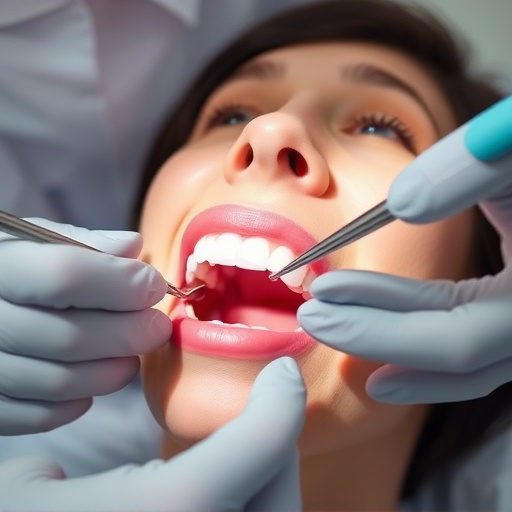
Dental sealants for teeth are a protective layer applied to the chewing surfaces of back teeth, primarily molars and premolars. They shield these areas from decay and damage by creating a barrier between food particles, bacteria, and enamel. This is crucial as molars and premolars are more susceptible to cavities due to their complex anatomy and depth, making them hard to clean effectively during routine brushing and dental cleanings. By sealing these surfaces, dental sealants help prevent the onset of tooth decay, thus keeping your smile strong and bright.
Furthermore, dental sealants provide an additional layer of defense against damage from wisdom tooth removal or other oral procedures. They can also reduce the risk of chips and cracks in teeth, which are common due to chewing forces and accidental impacts. By protecting these vital areas, dental sealants contribute to long-term oral health, ensuring that you maintain a beautiful smile over time—a far cry from needing emergency dental care due to preventable issues.
Benefits Beyond Aesthetics: Long-Term Oral Health

Dental sealants for teeth go beyond mere aesthetics, offering significant long-term oral health benefits. These protective coatings are applied to the chewing surfaces of back teeth to prevent tooth decay and erosion. By sealing out bacteria and food particles, dental sealants create a barrier that shields your teeth from damage, reducing the need for future dental procedures such as wisdom tooth removal or restorative dentistry like dental fillings.
This proactive approach to oral care not only saves you time and money in the long run but also ensures a healthier, brighter smile. By protecting against decay early on, dental sealants help maintain overall oral health, promoting strong teeth that can last a lifetime—a far cry from the challenges posed by untreated tooth decay, which can lead to pain, infection, and more complex restorative dentistry needs.
Dental sealants for teeth are an effective, long-lasting solution for protecting your smile. By acting as a protective barrier, these sealants shield teeth from decay and damage, promoting better oral health over time. Beyond enhancing aesthetics, regular application of dental sealants can prevent costly treatments and preserve the natural beauty of your teeth for years to come.
